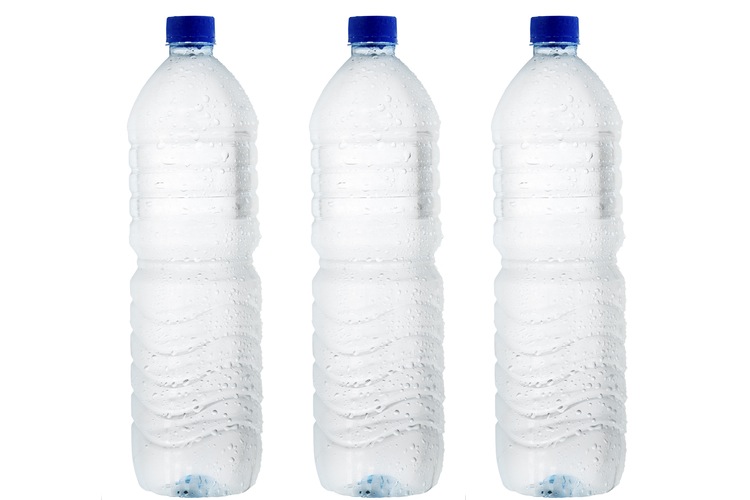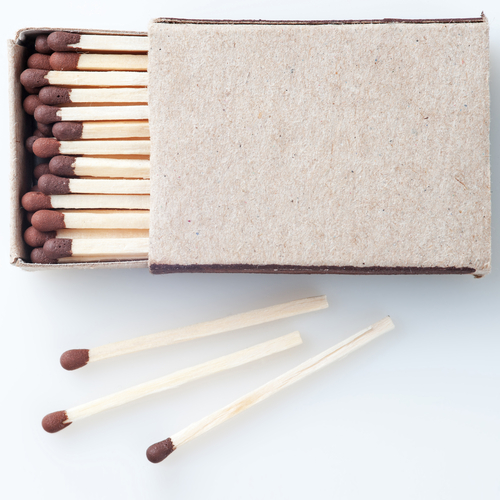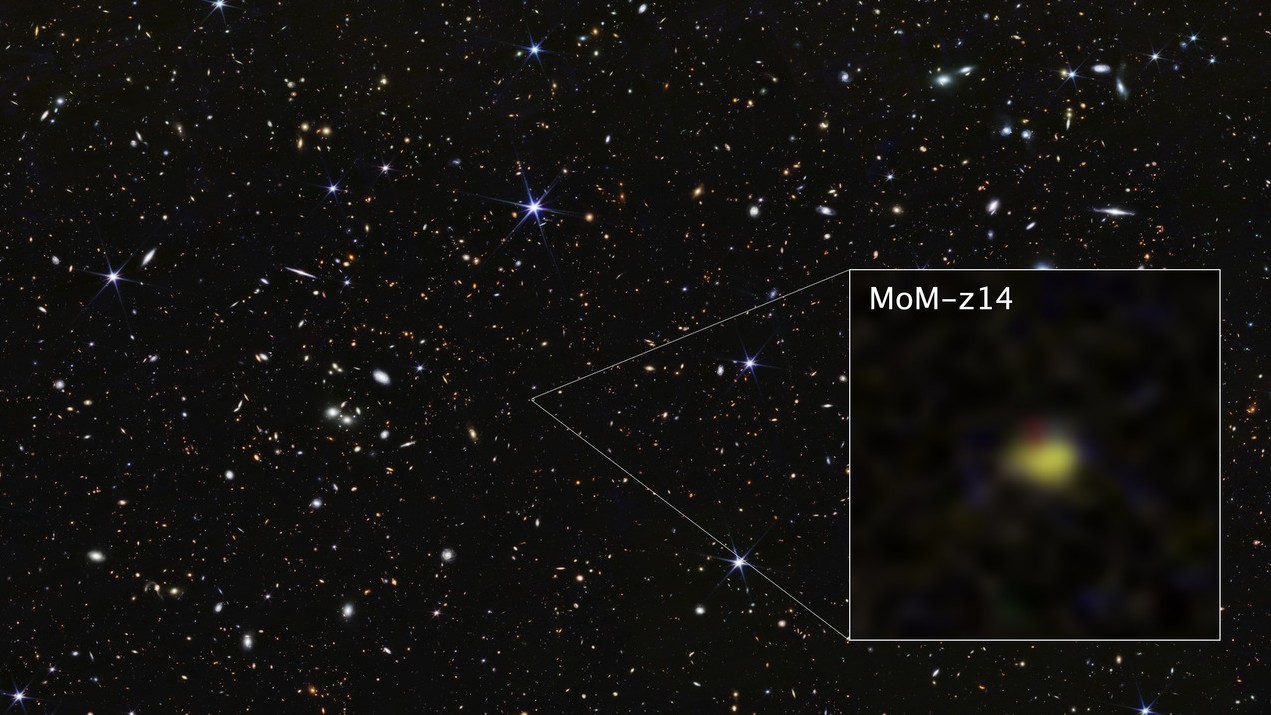Cloud in a Bottle - Science Fair Projects
References
By
Mary Bagley
published

Join the conversation
Add us as a preferred source on Google
Subscribe to our newsletter
Weather is all around us. Earth's atmosphere surrounds the planet; it is the mixture of gases we breathe as air. As weather patterns move around, air particles may “bunch up” over a particular area.
More particles mean increased atmospheric pressure. When pressure is high, it prevents clouds from forming and the weather is likely to be fair. When air pressure is low, clouds form more easily and there is a greater chance of rain or snow.
Air pressure is just one factor in cloud formation. In this experiment, you will see what are some of the other factors that cause clouds and precipitation.
What you will need:
- 3 clean dry soda or water bottles with caps (1-liter size works best)
- Matches
- Water (room temperature)
- Flashlight
- Labels and marking pens
What to do:
- Label one bottle “Control”, label the other two bottles “A” and “B”.
- Pour enough water into each bottle to cover the bottom of the bottle.
- With the help of an adult, light two matches at once and drop them into the control bottle. Very quickly screw the cap onto the bottle, trapping the smoke from the burning matches inside. Don’t worry that the water puts the matches out; there will be smoke particles trapped in the air inside of the bottle. Shake the bottle a few times.
- With the bottle upright, squeeze the bottle to increase the pressure inside.
- Have your helper hold the flashlight so that it shines into the bottle.
- Observe carefully as you very quickly unscrew the cap to suddenly lower the air pressure inside the bottle. You should see a cloud briefly form inside the bottle. Watch carefully! The cloud only lasts for a few seconds. Record your observations.
- Now repeat steps 3 and 4 with bottle “A.” This time, do not remove the cap. Observe this bottle for at least 3 minutes — is there any cloud formation without a sudden drop in air pressure?
- Your last bottle does not get any matches. Simply cap the bottle, shake it a couple of times and then quickly uncap it to change the air pressure. Observe for at least 3 minutes. Is there any cloud formation without the additional particles from the smoke?
What happens if …
- You increase the number of matches you add to the bottle?
- You use cold water instead of warm?
- You use salt water and no matches? (Shake the bottle well to dissolve the salt)
Sign up for the Live Science daily newsletter now
Get the world’s most fascinating discoveries delivered straight to your inbox.
TOPICS
LiveScience Contributor
LATEST ARTICLES
 Live Science Plus
Live Science Plus






